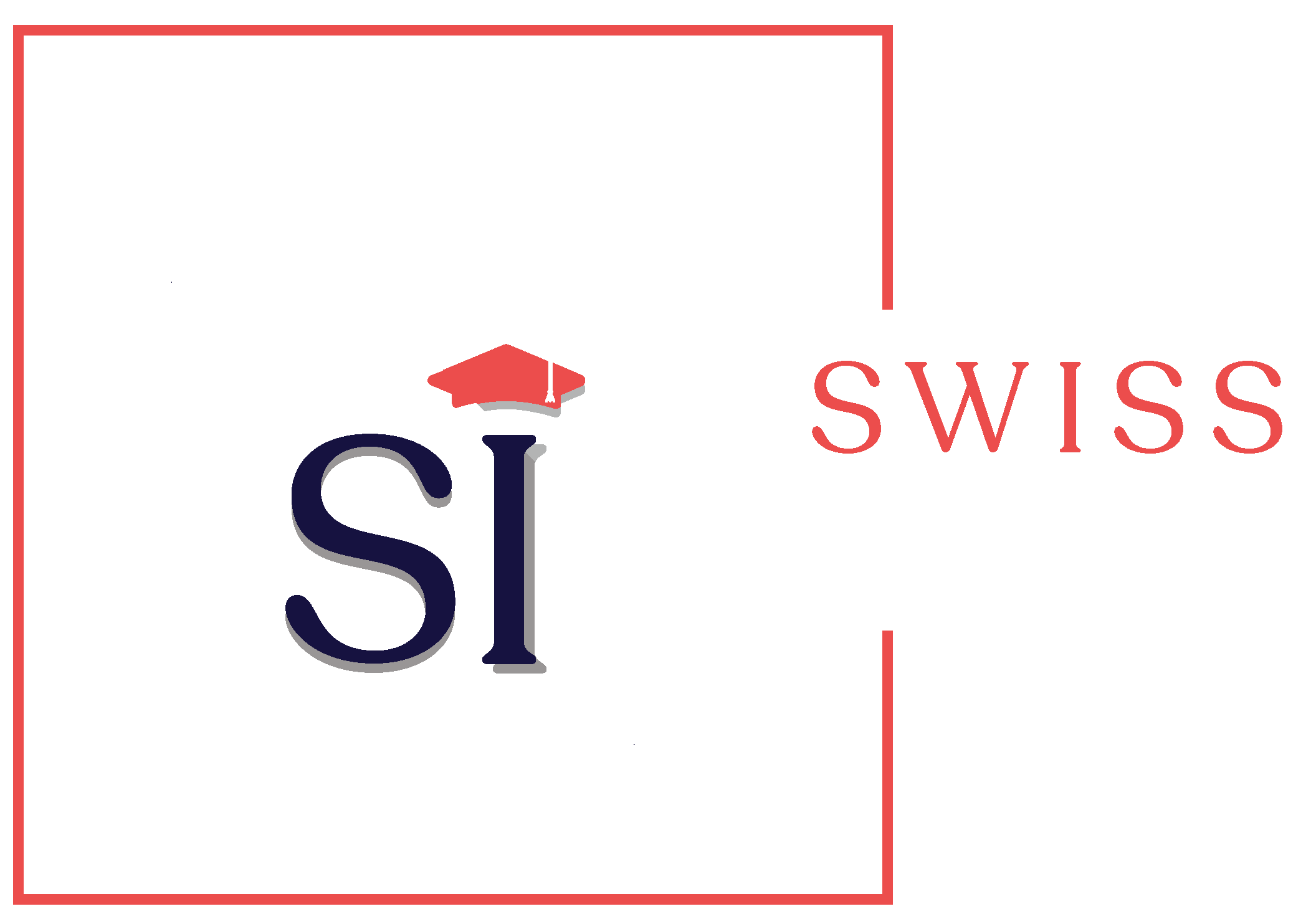8 Tips for Starting A Career In Real Estate
Do you want to start your career in the real estate industry? Working in real estate can be exciting and challenging. Here3 are some tips to assist you. If you are new in this industry, these 8 tips will help you succeed.
Develop a realistic business plan.
A...
7 Tips to Manage the Kitchen Efficiently
A kitchen can look like a swirling black hole located on the other side of the double revolving doors in the back of your establishment. People, food, and orders are sucked in and disappear in the form of soaring wages and below-average food costs. Finding effective kitchen...
How Can You Advance Your Career With a Business Management Degree?
Do you plan to advance your career as a business professional? You’ve done well in terms of your career, completed your studies, and moved in the direction of a fulfilling profession. And yet, for reasons you cannot fathom, you feel your job is not developing as you...
10 Tips to Give Your Project Management a Boost
For any business, smooth project management is a must. The substantial problems that project managers frequently face can jeopardise a project’s success. Keeping up with the project’s pace, managing resources, and maintaining the target budget are regular...
8 Functions of Project Management
Project management is one of the most sophisticated soft skills that you can apply in almost any job. The majority of projects are complicated and hard, requiring a careful balancing act between satisfying user needs, adhering to the budget, making the most use of the...
Understanding the Distinctions Between a Chef and a Kitchen Manager
What exactly is the distinction between a Chef and a Kitchen Manager? A chef is more concerned with food, with the most responsibility being the design and implementation of the menu. A kitchen manager typically has no control over the menu and is instead in charge of...
5 Interpersonal Skills That Will Help You Grow
Interpersonal skills are needed to advance in any career. These skills improve your relationship with others and assist you to do a better job.
Are you wondering what are the most important interpersonal skills for professional success? Here are 5 interpersonal skills...
Why Should I Learn Project Management?
One of today’s most fascinating and diverse fields is project management. Project managers are required everywhere: No matter the industry, qualified professionals are always needed to plan and provide the work.
If you have the potential and thirst to surpass...
Is the Real Estate Diploma for you?
Thinking of starting a career in the real estate industry? Being a real estate agent in Australia could be the ideal career for you. If you get along with people and are looking for a prosperous and flexible job that gives you the pleasure of doing business, this industry is...
The Benefits of Learning Property Management in the Real Estate Industry
Real estate that is normally held by a third party is managed by property managers. They are in responsible of a variety of responsibilities, including tax preparation, tenant management, rent collection, and maintenance. These tasks and endeavors call for in-depth knowledge...













